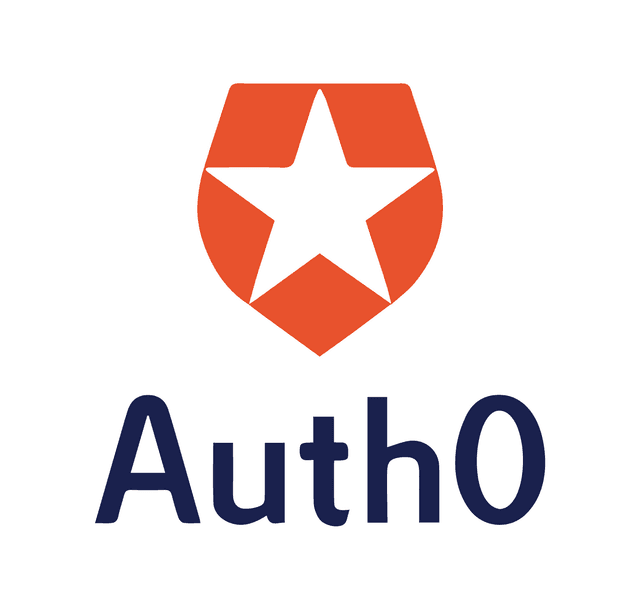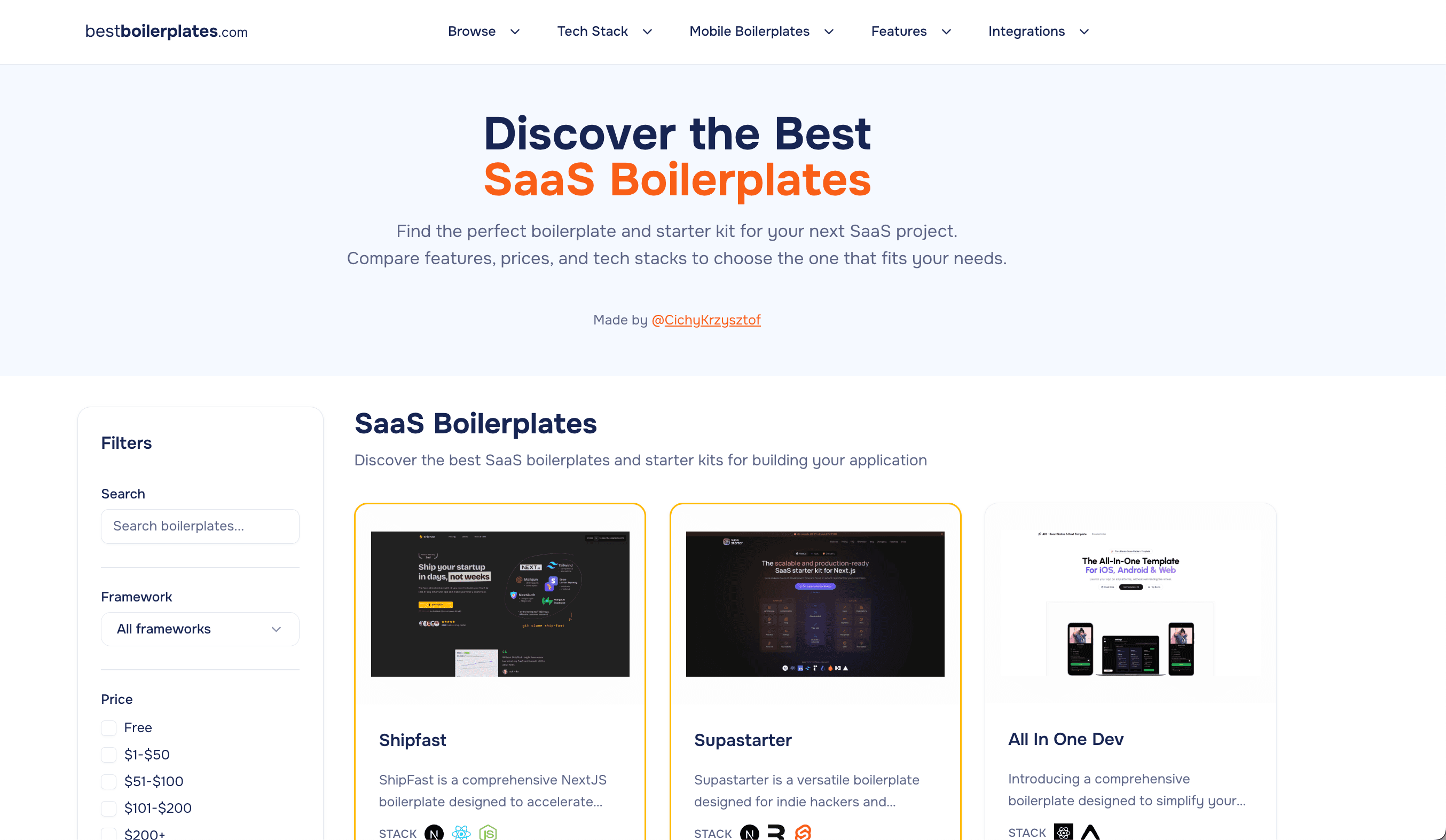Auth0 by Okta vs. GoPasswordless
Auth0 by Okta
Auth0 is an identity and access management (IAM) platform designed to simplify authentication and authorization for applications. It provides a flexible solution that allows developers to implement secure login systems without having to build them from the ground up. Auth0 supports various authentication methods, including username-password credentials, social logins (like Google, Facebook, and GitHub), enterprise identity providers (such as Active Directory and SAML-based systems), and passwordless options. The platform is highly adaptable, offering over 30 software development kits (SDKs) that cater to a wide range of languages and frameworks—JavaScript, Python, .NET, iOS, Android, and more. This makes integration straightforward regardless of the tech stack. Beyond basic authentication, Auth0 offers advanced features like multi-factor authentication (MFA), single sign-on (SSO), and fine-grained authorization. These tools enable organizations to enforce complex access control polici...
GoPasswordless
GoPasswordless is an authentication service and SDK that focuses on enabling passwordless authentication flows in web apps.
Reviews
Reviewed on 2/25/2025
Auth0 is Okta's B2C identity management solution. It's an all-in-one package, with social login, bot detection, UI components, anonymous users, single-sign-on, MFA etc. The free tier comes with 7,500 MAUs. That said, it's relatively expensive and 20,000 MAUs will cost you $1400/month.
Reviews
| Item | Votes | Upvote |
|---|---|---|
| Offers passwordless, social, and multifactor auth | 1 | |
| Extensive documentation and community support | 1 | |
| Breach detection and brute-force protection | 1 |
| Item | Votes | Upvote |
|---|---|---|
| Free tier has restrictions on active users and features | 1 | |
| Higher tiers can be expensive | 1 |
| Item | Votes | Upvote |
|---|---|---|
| No pros yet, would you like to add one? | ||
| Item | Votes | Upvote |
|---|---|---|
| No cons yet, would you like to add one? | ||
Frequently Asked Questions
Auth0 by Okta provides a comprehensive suite of features including social login, bot detection, UI components, anonymous users, single-sign-on, and multi-factor authentication (MFA). It also supports a free tier with 7,500 monthly active users (MAUs). However, it can be relatively expensive, with costs reaching $1400/month for 20,000 MAUs. On the other hand, GoPasswordless focuses on enabling passwordless authentication flows in web apps. If you need a broad range of features and can manage the cost, Auth0 by Okta might be the better choice. If your primary concern is implementing passwordless authentication, GoPasswordless could be a more targeted and potentially cost-effective solution.
For startups, cost is often a significant concern. Auth0 by Okta offers a free tier that supports up to 7,500 monthly active users (MAUs) but can become relatively expensive, costing up to $1400/month for 20,000 MAUs. GoPasswordless, on the other hand, is specifically designed for passwordless authentication and may offer a more cost-effective solution if your primary requirement is to eliminate passwords. Therefore, if budget constraints are critical and your focus is on passwordless authentication, GoPasswordless might be the more cost-effective option.
Auth0 by Okta is an identity and access management (IAM) platform designed to simplify authentication and authorization for applications. It provides a flexible solution that allows developers to implement secure login systems without having to build them from scratch. Auth0 supports various authentication methods, including username-password credentials, social logins, enterprise identity providers, and passwordless options.
Pros of Auth0 by Okta include offering passwordless, social, and multifactor authentication, extensive documentation and community support, and features like breach detection and brute-force protection. On the downside, the free tier has restrictions on active users and features, and higher tiers can be expensive.
Auth0 by Okta offers a wide range of features including multi-factor authentication (MFA), single sign-on (SSO), fine-grained authorization, user provisioning, directory synchronization, and support for various use cases such as B2B, B2C, and B2E. It also provides over 30 software development kits (SDKs) for different programming languages and frameworks.
Auth0 by Okta supports developers by providing extensive documentation, community support, and a developer-first focus. The platform's extensibility allows developers to customize authentication flows, implement rules for conditional access, and integrate third-party services, making it adaptable to various tech stacks.
Yes, Auth0 by Okta is designed with scalability in mind, making it suitable for both startups and large enterprises. It addresses enterprise needs through features like user provisioning, directory synchronization, and support for complex access control policies.
GoPasswordless is an authentication service and software development kit (SDK) that focuses on enabling passwordless authentication flows in web applications. It aims to improve security and user experience by eliminating the need for traditional passwords.
The main features of GoPasswordless include passwordless authentication, easy integration with web apps, and improved security measures. It allows users to log in using methods such as email links, biometrics, or magic links, thereby reducing the risk of password-related vulnerabilities.
The benefits of using GoPasswordless include enhanced security, as it eliminates the risks associated with traditional passwords, and improved user experience, as users can log in quickly and easily without remembering complex passwords. It also reduces the chances of phishing attacks and credential stuffing.
Potential drawbacks of GoPasswordless might include the initial setup and integration process, which could require a learning curve for developers unfamiliar with passwordless authentication methods. Additionally, some users may need time to adapt to the new login methods, and there could be compatibility issues with older systems.




















